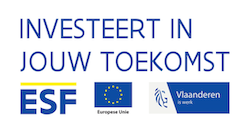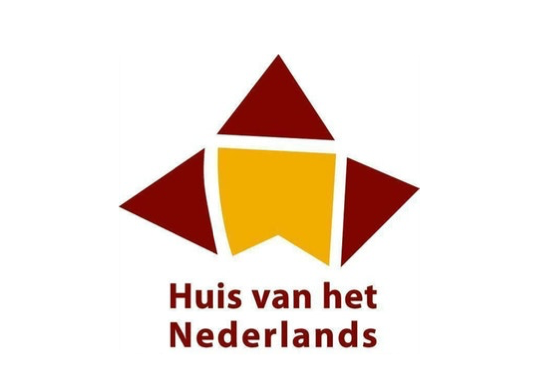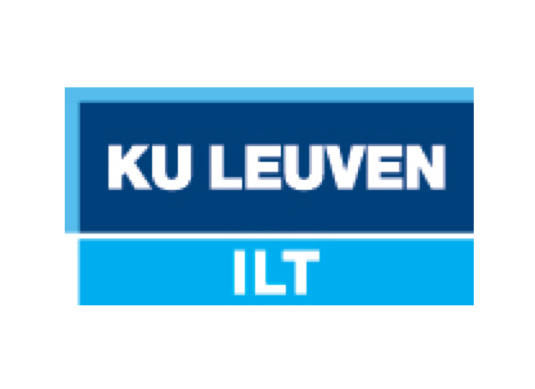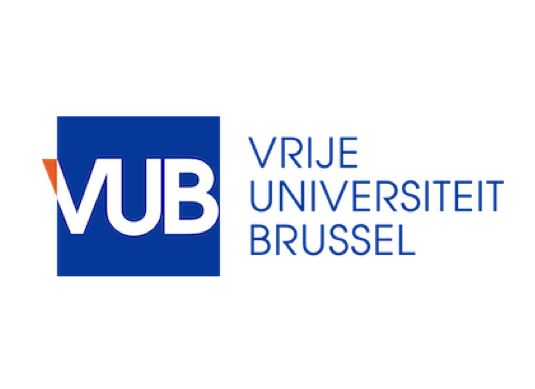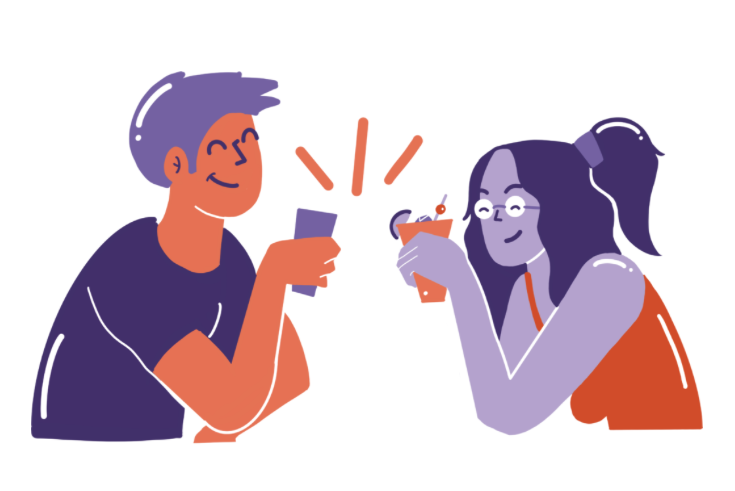Roadmap to Learning Dutch Language
Dutch language learning in Belgium is very flexible and can easily be tailored to your needs. Although as a highly educated individual you are expected to acquire necessary language skills considerably shorter periods of time, you may adjust your language learning pace taking into account your individual requirements. The Flemish-speaking Community has a well-developed regionally subsidised offer of Dutch language courses, as a result of which refugees can follow a Dutch course free of charge in Adult Education Centres as part of their civic integration programme. However, there are major differences in the intensity and level of the courses. In terms of content, the aim is to have a good general command of Dutch with a view to social integration. In Adult Education Centres language learning established in a modular way (16 different modules in total) and fully compatible with Common European Framework Reference for Languages. It takes a certain time to finish a module. You may choose a slow, normal or a fast traject or something in between. You may also choose to master your language skills only on some particular competencies (such as speaking or writing). Learning Dutch from the scratch to advance (C1 or 4.2) level can take 1 to 5 years, depending on your choice and pace.
-
1. Register Integration Agency

- ATLAS
- Huis van het Nederlands
- In-Gent
-
2. Intake Interview
- For the best possible support, agencies would like to get to know you. They set up an intake interview at which they inquire about your expectations, your language skills, highest qualification achieved.

-
3. Level Test

- In some cases, agencies will also invite you to sit a logical reasoning and level test. This enables them to refer you in a way that is even better tailored to your needs.
-
4. Advice
- FLastly, agencies also provide advice on the Dutch language training course and the school best suited to you. They also provide you with all the practical details to take home (price, location, start date).

-
5. Start Course

- Start Dutch language training course and the school best suited to you.
-
6. Practice
- The 'Nederlands oefenen' (Practising Dutch) website can help you find activities in your local area.

-
7. Pass Level Tests

- Each level has a test at the end of it.
- Pass with sufficient score
-
8. Proficient Dutch
- Learning Dutch from the scratch to advance (C1 or 4.2) level can take 1 to 5 years, depending on your choice and pace.
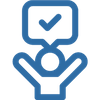
Dutch Language Levels
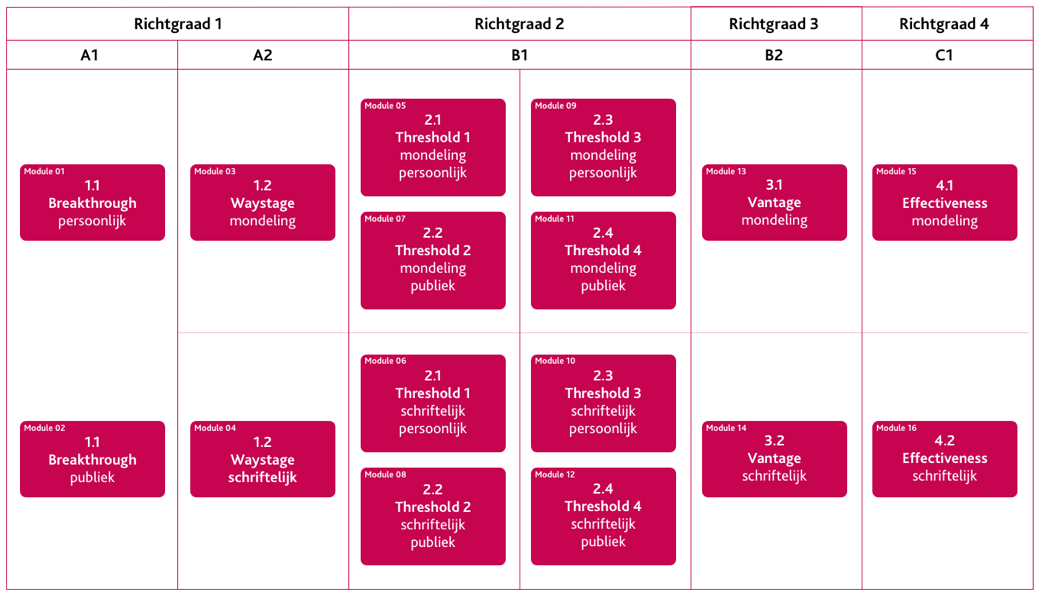
Language Institutes, Language Centres
and Adult Education
Centres
Huis van het Nederlands (House of Dutch
Who?
Het Huis van het Nederlands (The House of Dutch) serves as a hub for all kind of language related initiatives in Brussels. Het Huis van het Nederlands helps Brussels residents and Brussels businesses, organisations, schools, day-care centres, governments - in short: everyone - with their questions about Dutch for adults. It is located in the centre of Brussels, on Place Rouppe.
Where?
Flanders, Brussels.
Instituut voor Levende Talen (Institute for Living Languages)
Who?
The ILT is not only provides the language courses in study programmes, but also offers a wide range of seminars and workshops, courses, translation and revision services, testing and online applications. View the overview by form or by language of Flanders.
Where?
Flanders, Leuven.
ACTO (Academic Centre for Language Learning)
Who?
From language courses to officially recognised language tests, from customised workshops to individual language support. As a student, faculty or VUB service, you can contact the Academic Centre for Language Education (ACTO) for many different language services. Need an officially recognised language certificate? At ACTO you will take Dutch language tests (ITNA + CNaVT). ACTO organises language workshops Academic Dutch in collaboration with the Study Guidance Centre (SBC).
Where?
Universitair Centrum Voor Talenonderwijs University Language Centre
Linguapolis
Who?
Linguapolis believes in the power of language. Language is a lever: language creates opportunities, strengthens talents and opens doors. Language is also learnable: Linguapolis makes the most of that.
Where?
Flanders, Antwerpen.
You may also combine your language studies with a vocational training. VDAB provides a number of vocational trainings integrated with language education, giving core language knowledge but also focusing on terminology of a particular profession. You need to have at least A2 level Dutch knowledge to enroll these kinds of courses. If you have B1 level Dutch, you may virtually follow any training that VDAB provides or sponsors, including HBO5 programs. Refugees seeking higher education need intensive language pathways so that they can achieve the required language level. The required language level is determined by the higher education institutions themselves, but generally speaking, access to a Dutch-speaking or English-speaking programme requires a command of Dutch or English, respectively, at level B2 of the Common European Framework of Reference (CEFR). If you acquire B2 level Dutch (and prove it with a valid ITNA score) you may enroll a high education program in any Flemish University. Depending on the program you choose, different eligibility criteria may be applied. The university language centres have many years of experience and specific know-how regarding language courses for fast-moving foreign-speaking adults. They offer intensive Dutch courses designed for the highly educated. The language courses are not subsidised but are organised by the higher education institutions themselves.
Funding Opportunities for Dutch Learning
When compared to other language courses, learning Dutch in Belgium is considerably cheap. Furthermore, depending on your legal status and region you live in Belgium, you have various subsidy opportunities; Total exemption from registration fees In certain cases, you may be entitled to a full exemption from the registration fee. To do so, you must provide your adult education centre (CVO) with the correct document. Find out which documents are valid and how to obtain them.
| Who? | Which Document? | Who provides the document? |
|---|---|---|
| You get material help as an asylum seeker. | Certificate of registration of asylum seekers in adult education or Certificate of residence - material assistance for refugees | The authority providing the material aid: Fedasil, CPASW, Red Cross, Flanders Refugee Council, Local reception initiatives, etc. |
| You receive an integration allowance/social services from the OCMW or you fall under the responsibility of someone in this category. | Certificate receiver living wage | The OCMW of your municipality |
| You will be staying in a centre for general welfare work (CAW). | Certificate proving that you are staying in the CAW and that you have no income | The CAW |
| You are a prisoner. | Declaration of Penal Institution | The director of your institution |
| You're a naturalizer and have either: - Signed an integration contract - An integration certificate obtained - A certificate of EVC (in accordance with the old decree on integration) obtained This exemption only applies to study programmes NT2, guidelines 1 and 2 and the Latin-script programme. | The contract you signed, or the certificate you obtained. An addendum to the student information can also be considered. | The reception desk The CVO can also consult this information via the tariff suggestion. |
| You receive a waiting allowance or unemployment benefit and you follow the course with a VDAB contract (recognised route to work). | Digital data flow between VDAB and DAVINCI | Your VDAB-consultant or VDAB - E-loket |
| You are a non-working obligatorily registered jobseeker and are not yet entitled to a waiting allowance. | Digital data flow between VDAB and DAVINCI | Your VDAB-consultant or VDAB - E-loket |
| You follow part-time secondary vocational education in combination with an additional training course in adult education. | Digital data flow between VDAB and DAVINCI | Your VDAB-consultant or VDAB - E-loket |
Certification
1 - ITNA (Interuniversity Language Test Dutch for Foreigners) for those who want to enrol at a Flemish university and do not yet meet the language requirements or need an official language certificate B2 or C1 for their work.
2 - CNaVT for non-Dutch-speaking persons who wish to obtain the Certificate of Dutch as a Foreign Language B2 or C1 from the Dutch Language Union.
